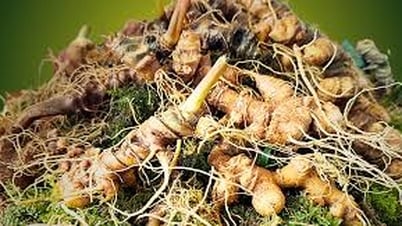On March 23, Haifa University (Israel) said that scientists from this country, Germany and the US discovered how wasps transmit beneficial bacteria to their young, not through eggs but through the wasp's venom, an unusual way of transmitting bacteria.
In this study published in the journal Current Biology, scientists studied the wasp Spalangia cameroni, a parasitic wasp that feeds on flies.
They found that unlike most insects, which pass beneficial bacteria to their young through their eggs, the wasp's venom contains the bacterium Sodalis SC. When they sting a developing fly pupa, the bacteria move into the pupa along with the wasp's venom.
The wasp then lays its eggs on the fly pupae and when the eggs hatch, the wasp larvae from inside the eggs will eat the fly pupae along with the bacteria.
This is the first documented case of bacteria being transmitted through bee venom, rather than through eggs.
This discovery clarifies how bacteria adapt to thrive in special environments, such as venom, and helps scientists better understand the simultaneous evolution of bacteria and animals./.
Source: https://www.vietnamplus.vn/phat-hien-moi-ong-vo-ve-truyen-vi-khuan-co-loi-cho-con-non-qua-noc-doc-post1022324.vnp




























































































Comment (0)